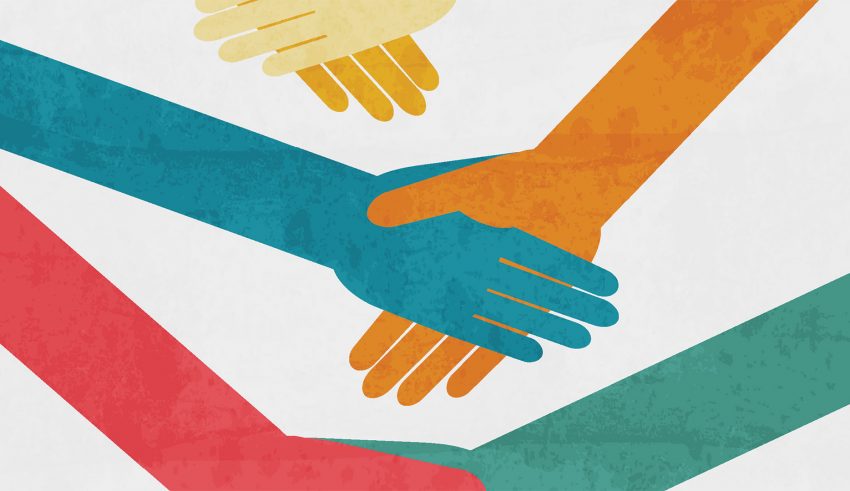
You may not have heard, but sharing is the new buying. What began as a fresh economic trend has quickly become mainstream. It has been dubbed the “connection economy”, the “collaborative economy” and most commonly the “share economy”. These names are referring to a very observable shift in the way millions of people across the world are choosing to do business, directly with each other.
When many of us think of capitalism today, we imagine a hierarchically driven system where most consumer dollars are being funneled vertically into the hands of a few large corporations. But due to the convergence of new software services and a growing shift in consumer awareness, the rules may soon change. Money is now flowing horizontally, from peer-to-peer through the explosion of many new consumer-enabling technologies.
In a nutshell, the P2P sharing economy is about sharing our resources directly with others. In a world where we have over-built, over-produced and over-consumed, the climate seems ripe for this trend. Many of us are sitting on underused resources that can now easily be shared for extra income. Two of the resources at the forefront of this growing share economy are homes and automobiles, made available through services such as AirBnB and Lyft. Airbnb (short for ‘airbed and breakfast’) is a web service launched in 2008 which allows people to offer an entire home or a portion of their home as a temporary rental to members of the community. Lyft is another community-focused site that enables people to use their own cars to offer transportation services.
As an avid Airbnb user and ‘host’ myself, I do have some experience with this particular slice of the marketplace. My experience has been very positive and eye-opening to say the least. When I first began sharing stories of how awesome my guests had been, many were skeptical. They would often reply with, “I could never do that…strangers in my home? No way! What do you do with your stuff?!” I then realized I probably sounded like a madman to those unaware of the shift. This new paradigm is less about ‘stuff’ and more about community, connection and trust. The good news though is it has caught on…fast:
FORBES estimates the revenue flowing through the share economy directly into people’s wallets will surpass $3.5 billion this year, with growth exceeding 25%. At that rate peer-to-peer sharing is moving from an income boost in a stagnant wage market into a disruptive economic force.
After only six years, Airbnb.com is operating in 190 countries and is now valued at $10 billion. This is more than the entire value of Hyatt Hotels, and Airbnb owns zero property. What they do own is cutting edge software that has community at its very core.
The advantages for Airbnb ‘hosts’ and ‘guests’ who use the rental network are too many to list here, but what’s important to understand is that it is a completely peer-review driven system. This means the more you participate in the community the more ‘clout’ you will have. This clout is based on a number of metrics, most notably the amount of positive reviews you have earned.
Download Article













